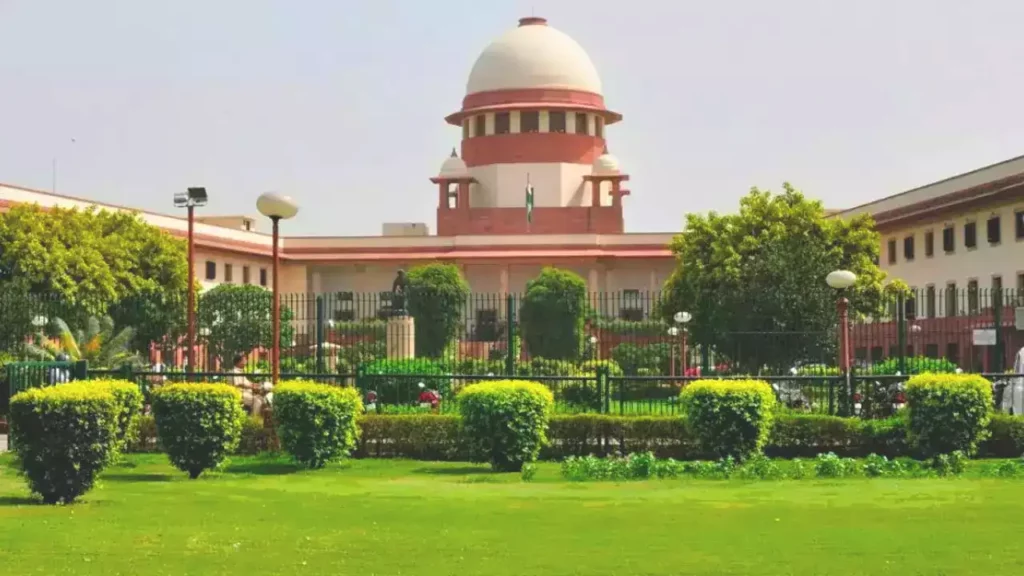In a landmark ruling, the Supreme Court declares unstamped arbitration agreements legally enforceable, overturning a previous judgment. Explore the implications of this decision and its impact on the arbitration process
Landmark Supreme Court Ruling on Unstamped Arbitration Agreements
In a significant legal development, a seven-judge Constitutional bench of the Supreme Court has unanimously ruled that unstamped arbitration agreements remain legally enforceable. This decision reverses the court’s April judgment, bringing clarity to the enforceability of arbitration contracts.
Background and Reversal of April Judgment
The Supreme Court, led by Chief Justice of India D Y Chandrachud, overruled its April judgment, asserting that the lack of stamping on arbitration agreements does not render them invalid. The court categorically stated that the absence of stamp duty payment is a curable defect and does not impede the enforceability of the contract.
Legal Interpretation and Enforceability
The court clarified that unstamped arbitration agreements are enforceable but inadmissible in evidence. The ruling emphasizes that the objection regarding stamping falls within the jurisdiction of the arbitral tribunal. The concerned court’s role is limited to determining the prima facie existence of an arbitration agreement.
Implications and Expert Opinions
Legal experts view this ruling as providing much-needed clarity and reducing judicial intervention in the arbitration process. The decision ensures that arbitrations will not face obstacles due to the non-stamping of underlying contracts.
The April judgment, which declared unstamped arbitration agreements void, raised concerns in the legal community. This ruling addresses those concerns and establishes a smoother arbitration process.
Historical Context and Expert Commentary
This legal issue has been a source of contention since the SMS Tea Estates case in 2011, followed by Garware Wall Ropes in 2019. The court’s latest decision holds that non-payment of stamp duty is a curable defect, and unstamped agreements are not void ab initio.
Experts, including Ajay Bhargava, Partner at Khaitan & Co., and Ateev Mathur, Partner at SNG & Partners, believe that the verdict brings clarity and ensures a more streamlined arbitration process.
Conclusion: Legal Landscape and Future Implications
In conclusion, the Supreme Court’s reversal of its previous stance on unstamped arbitration agreements has far-reaching implications for the legal landscape. This decision is expected to foster a more efficient arbitration process with reduced impediments due to stamping issues.

